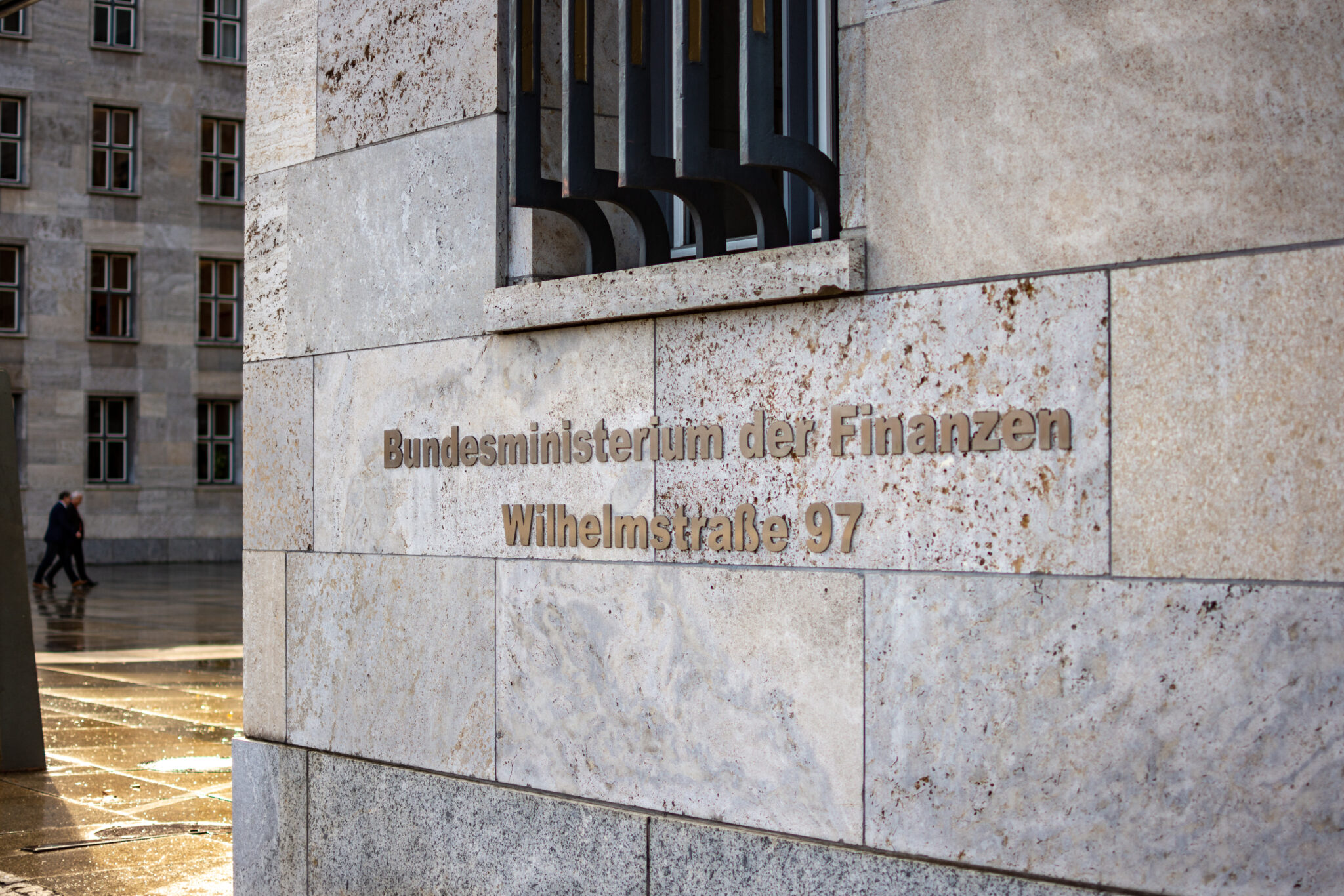Economic importance of the extractive industry
Tax secrecy
Latest Update: August 2024
EITI Standard:
Interesting Facts
How important is tax secrecy in Germany?
Tax secrecy has a high priority in Germany. Since taxpayers must fully disclose their tax details to the financial authorities within the framework of their cooperation obligations, the privacy of their information must be ensured. This is ensured by the regulations in Sections 30 et seq. of the German Tax Code (AO) and the provisions of the General Data Protection Regulation (GDPR). The provisions of the Sections 30 et seq. AO regulate who must protect tax secrecy and under what conditions the disclosure or utilisation of data (which is subject to tax secrecy) is permitted. Tax secrecy thus serves to protect the taxpayer.
A breach of tax secrecy can only be permitted under very strict conditions. Any disclosure of information which is subject to tax secrecy is only permitted if expressly authorised by Federal law, if the data subject agrees to the disclosure, or if there is a compelling public interest in the disclosure of the tax data in question.
This is why the disclosure by the tax authorities of data for voluntary reporting initiatives – like the Extractive Industries Transparency Initiative – requires the explicit consent of the companies concerned. Because payment reconciliation regarding tax payments within the framework of the EITI process was carried out with the tax authorities for the 1st and 2nd D-EITI reports, the permission of the taxpayer in the form of a power of attorney for the Independent Administrator was required in each case for each of the finance authorities involved to query the relevant tax data. For this year’s reporting the D-EITI has – since the third report – applied an alternative procedure for assuring the quality of the payments disclosed by the reporting companies (see Disclosed payment flows and quality assurance). With this procedure it is not necessary to obtain a release from tax secrecy and thus the considerable extra work1 that this involves for companies and the tax authorities, as the data is only collected from the company and not from the tax authorities.
Sources
1 The release from tax secrecy required in the context of payment reconciliation is not an established standard procedure. Accordingly, the implementation initially involved a fundamental coordination effort between companies, authorities and the Independent Administrator in order to ensure a legally secure process. Since the legally secure process required that an individual exemption be prepared by the companies for each authority concerned in each reporting year, there was also a considerable and permanent implementation effort.
